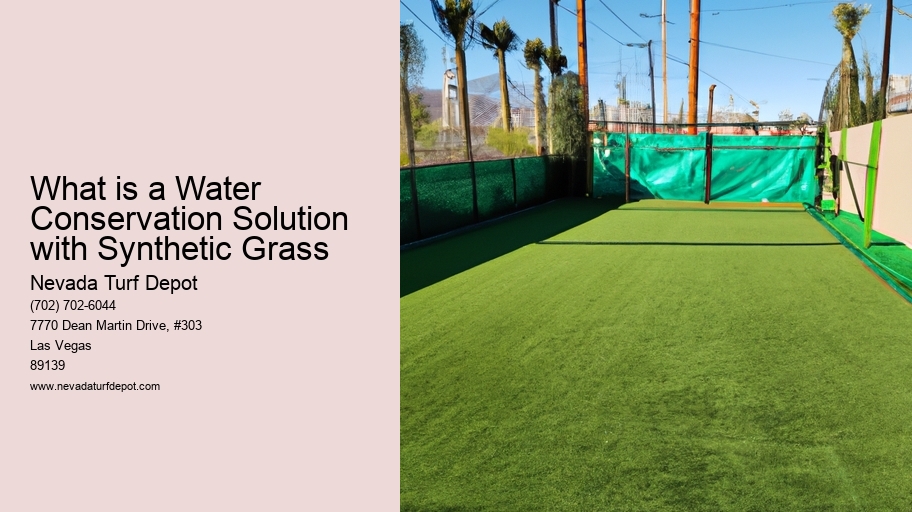In a world where water scarcity is a pressing concern, the idiom 'every drop counts' takes on a profound meaning.
las vegas synthetic grass .As we strive to conserve this precious resource, innovative solutions like synthetic grass offer hope.
This article explores the water conservation benefits of synthetic grass, shedding light on how it can assist in reducing water usage.
Through a scientific lens, we will examine the environmental advantages and data-driven evidence supporting the adoption of synthetic grass as a sustainable alternative.
The Environmental Benefits of Synthetic Grass
One of the key advantages of synthetic grass is that it significantly cuts down on water consumption in comparison to natural grass. This is particularly important in regions facing water scarcity or drought conditions. According to studies, natural grass requires an average of 55 gallons of water per square foot annually for irrigation purposes. In contrast, synthetic grass does not require any water for maintenance.
This reduction in water usage not only helps conserve precious water resources but also reduces the need for irrigation, which often relies on energy-intensive processes. Additionally, synthetic grass eliminates the need for chemical fertilizers, pesticides, and herbicides, which can contaminate water sources and harm the environment.
How Synthetic Grass Can Help You Save Water
The use of synthetic grass can contribute to significant water savings through its low water requirement and absence of irrigation needs. Synthetic grass is designed to be water-efficient, requiring minimal watering compared to natural grass. This can lead to substantial water savings over time, especially in regions where water scarcity is a concern.
Here are some key ways in which synthetic grass can help you save water:
No need for irrigation: Synthetic grass does not require regular watering like natural grass, eliminating the need for irrigation systems and reducing water consumption.
Reduced evaporation: Synthetic grass does not release moisture through evaporation, ensuring that every drop of water used for watering is effectively utilized.
Eliminates runoff: Synthetic grass has a permeable backing that allows water to drain through, preventing water runoff and maximizing water absorption.
Drought-resistant: Synthetic grass can withstand dry conditions and maintain its green appearance without the need for excessive watering, making it an ideal solution for water conservation efforts.
